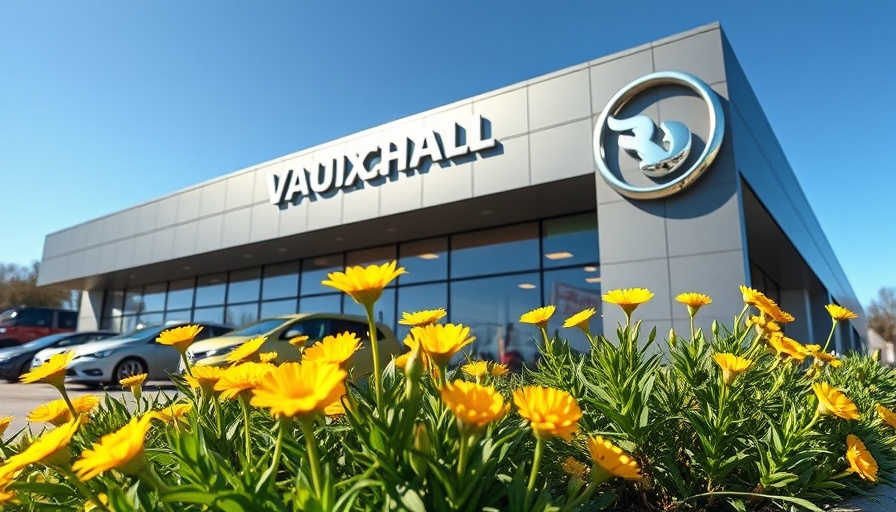
The Evolution of the Car Buying Journey
Tim Smith, chief strategy officer at Keyloop, highlights the significant transformations the car buying journey has undergone in recent years. As 97% of buyers conduct online research prior to visiting a dealership, the entire experience has become notably disjointed and frustrating for consumers. Smith asserts that outdated systems and fragmented online and offline processes create substantial obstacles, revealing that a staggering 69% of consumers feel overwhelmed by excessive back-and-forth and about 76% are frustrated by incomplete or inaccurate data.
The Role of Technology in Streamlining Processes
Addressing the challenges retailers face, Smith emphasizes the importance of intuitive technology. Many dealership staff, often new and inexperienced, require tools that can enhance their efficiency without extensive training. Technology should facilitate an integrated approach to managing customer relationships—from sales inquiries through to vehicle servicing. Keyloop is leading the way with its Automotive Retail Platform, called Fusion, designed to break down data silos and provide a seamless customer experience.
A Forward-Looking Approach to Automotive Retail
Keyloop's focus on developing its Sales Hub product suite reflects a commitment to enhancing the customer journey at every stage. By creating platforms that connect various touchpoints, the aim is to provide a comprehensive view of the purchasing process, addressing the disconnect experienced between online research and dealership interactions. This innovative approach not only boosts retail efficiency but also enhances consumer satisfaction.
The Future of Automotive Retail: Predictions and Trends
As the automotive landscape continues to evolve with advancements in technology and changing consumer preferences, Smith predicts a future where the buying experience becomes increasingly personalized. By ensuring data flows freely across systems, retailers can offer tailored solutions that enhance customer engagement and loyalty. Continuous improvements and updates to digital platforms will be crucial in meeting the demands of a tech-savvy consumer base.
Embracing Change for a Better Experience
Ultimately, adapting to these changes and embracing modern technology will be key for retailers aiming to attract and retain consumers. Those who invest in seamless digital experiences will likely find themselves ahead in the competitive car market. As new systems and platforms come to the forefront, the anticipation grows regarding how they will redefine the automotive purchasing journey.
 Add Row
Add Row  Add
Add 




 Add Row
Add Row  Add
Add 

Write A Comment